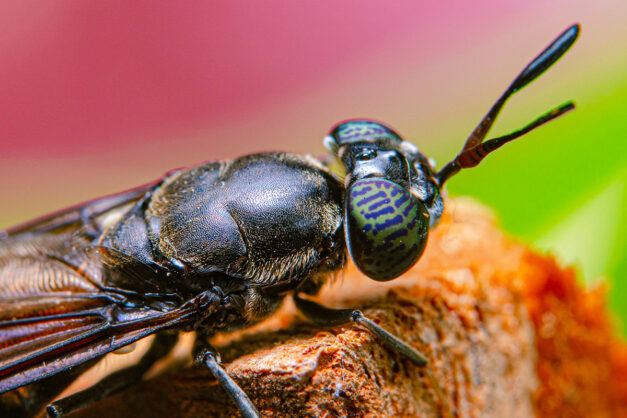From Trash to Treasure: Innovative Firms Turn Fish Waste into Protein Powerhouse

NRGene Canada is pioneering an innovative sustainable solution by transforming fish waste from Ile-a-la-Crosse Fish Company into a valuable resource for black soldier fly production. This groundbreaking initiative not only addresses waste management challenges but also creates a circular economy approach in the agricultural and aquaculture sectors.
By utilizing fish processing byproducts as a nutrient-rich feedstock, NRGene Canada will enable black soldier fly larvae to convert what would typically be considered waste into a high-protein feed ingredient. The process offers multiple environmental and economic benefits, including reducing waste, creating alternative protein sources, and supporting more sustainable agricultural practices.
The collaboration between NRGene Canada and Ile-a-la-Crosse Fish Company represents a forward-thinking model of resource optimization, demonstrating how innovative biotechnology can transform industrial waste streams into valuable agricultural inputs. This approach highlights the potential for circular economy strategies to create more sustainable and efficient production systems.
As the black soldier fly larvae consume the fish waste, they will produce protein-rich biomass that can be used in animal feed, while also generating valuable organic fertilizer as a secondary product. This process not only minimizes waste but also creates additional revenue streams for both companies involved.

